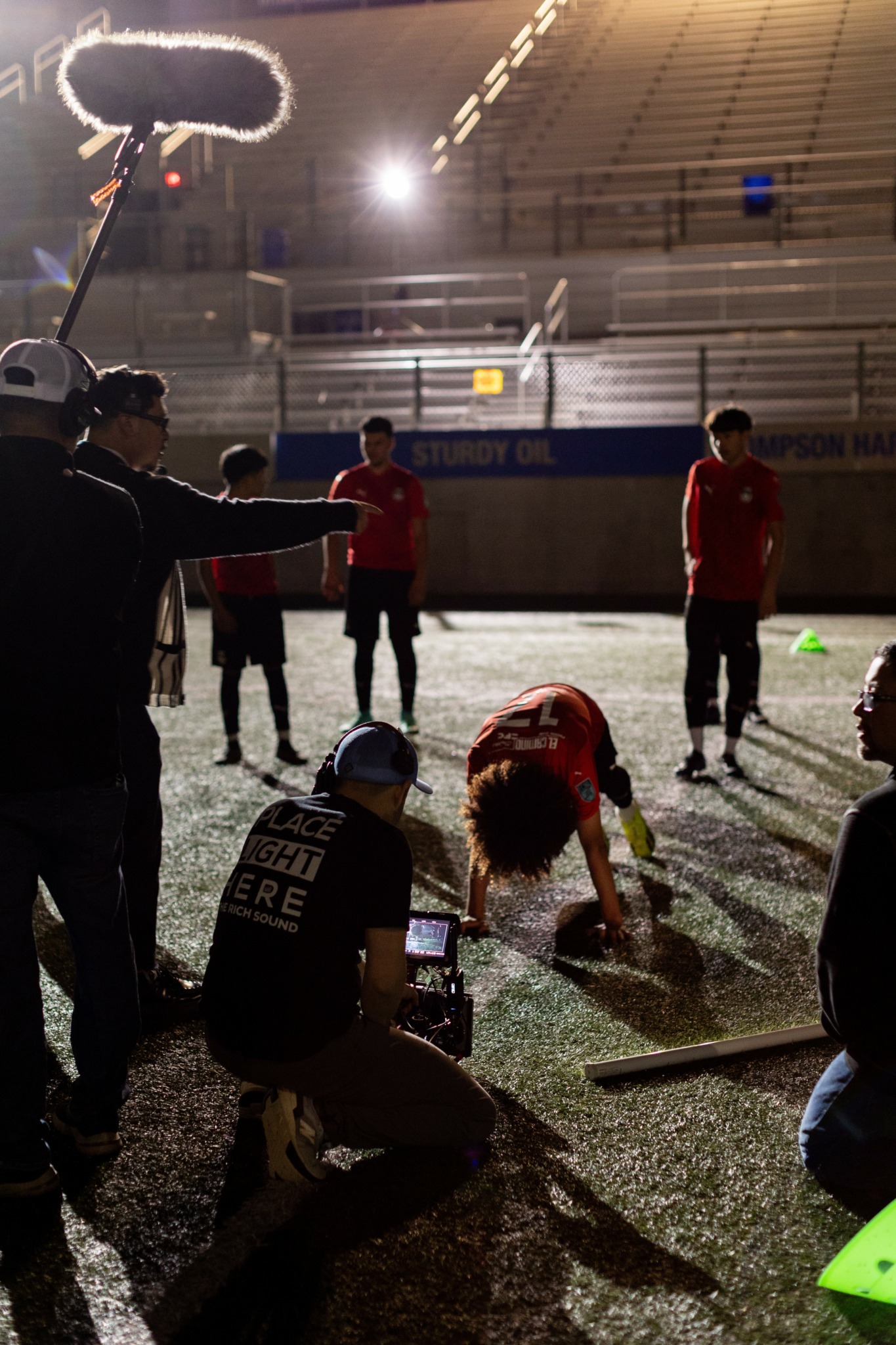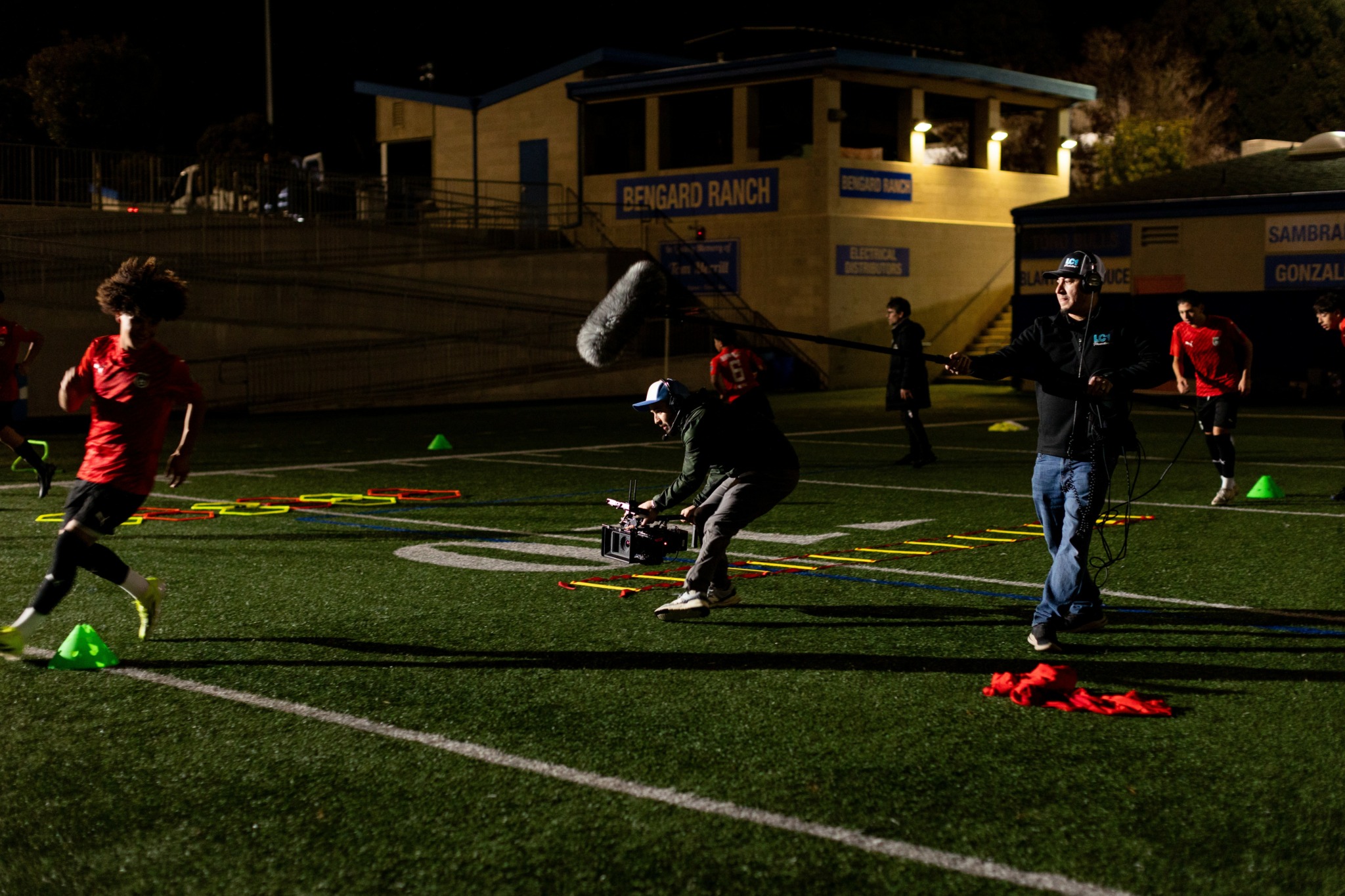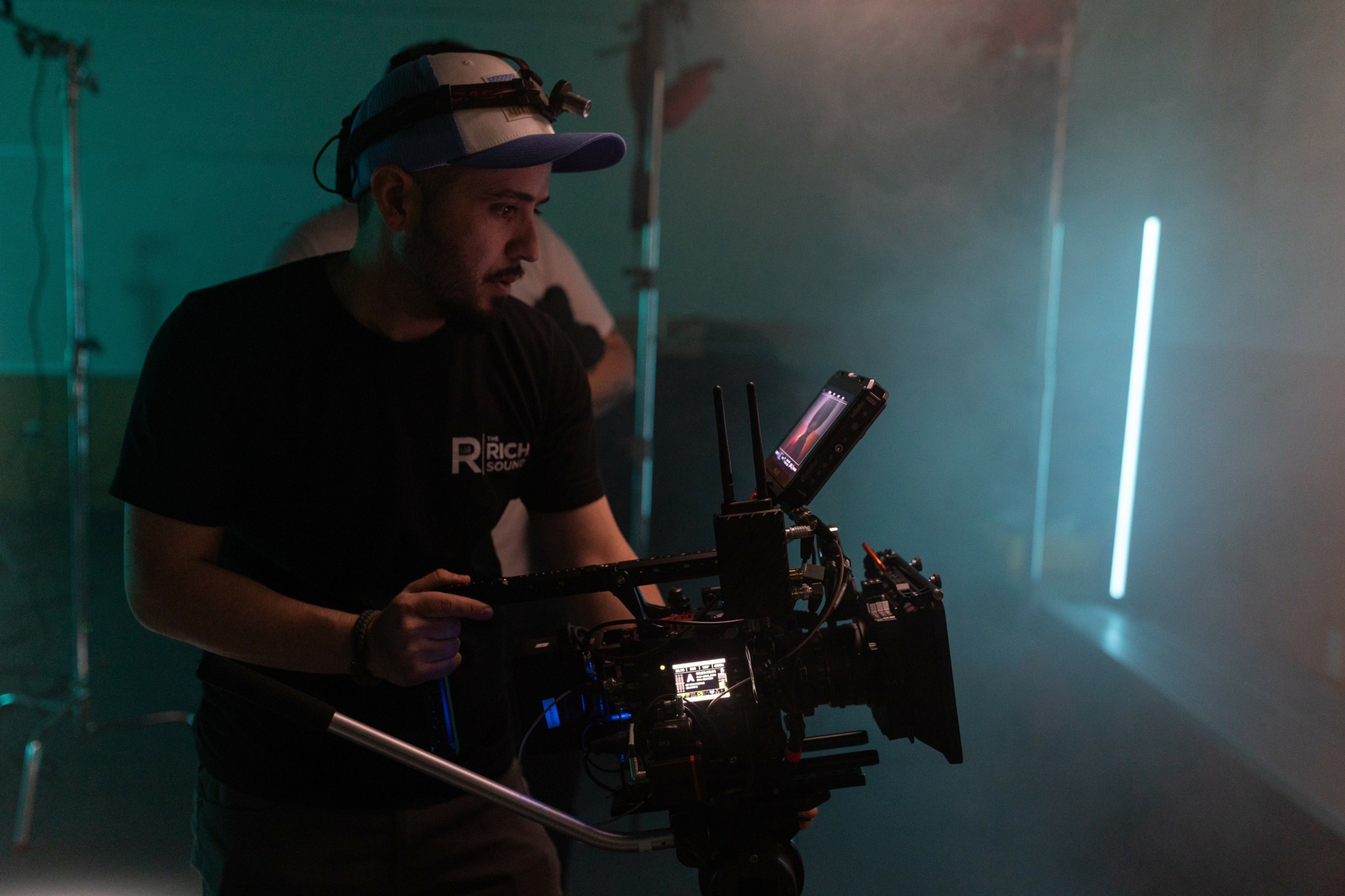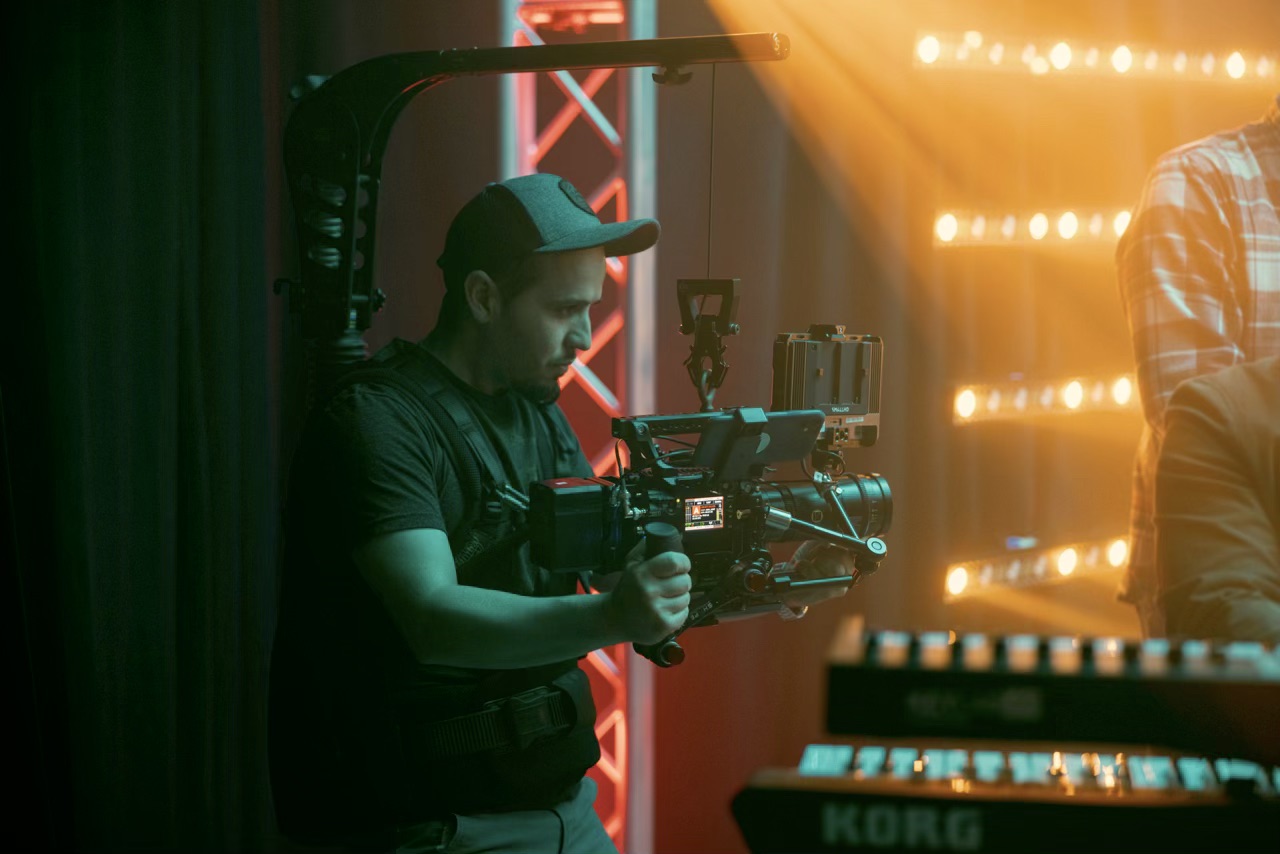We’re excited to introduce you to the always interesting and insightful Marcos Rocha. We hope you’ll enjoy our conversation with Marcos below.
Hi Marcos, thanks for joining us today. Let’s start with a fun one – what’s something you believe that most people in your industry (or in general) disagree with?
You always hear from established film crew that you should never compromise on your rates, and profits should come first. Or you hear that it is those who only think about the art of filmmaking that end up getting kicked out of the industry. While this is generally true, there’s a time and a place for both ways of approaching filmmaking.
As a freelance filmmaker, it’s tough to know when the next job is going to come. There’s a lot of uncertainty in the first couple of years, so you have to prioritize covering your living expenses over making art. My first couple of years, I had a full-time job outside of filmmaking while I freelanced on the side. I did everything in my power to eventually become a full-time freelancer. This meant I had to treat filmmaking as a business and not as an artistic endeavor.
For most of us freelancers who manage to survive, we live with this constant fear of ‘not making it’, so we prioritize profits over making stuff we love. However, there comes a point when you have to sacrifice profits to make the art you can be proud of. Over the last couple of years, I’ve had to fund my spec projects, hire extra people and resources that are not covered by the client’s budget, to elevate my reel. I’ve had to start thinking like an artist again. As a result, the quality of my work has improved, and I’ve landed bigger budget jobs as a result.
Ultimately, you need to think like an artist if you are not excited by the work you are doing or you want to do more ambitious projects. You may or may not become more profitable, but you will keep the excitement for filmmaking alive. At the same time, if you are totally happy with approaching filmmaking as a business and maximizing profits, that’s okay too. You have to decide what is right for you, but there’s no single approach that is true for everyone, all the time. We are free to switch between both ways of thinking, depending on what serves us.

Awesome – so before we get into the rest of our questions, can you briefly introduce yourself to our readers.
My name is Marcos Rocha, I am a freelance Director of Photography, based in the San Francisco Bay Area. I mostly work on Documentaries, Commercials, and Corporate Videos. While most of my work is local, I travel quite a bit.
I first got into filmmaking by experimenting with photography, and that turned into making YouTube videos. Like many others, I received my filmmaking education from YouTube University. My first paid jobs were filming and editing weddings. At the same time, I started doing commercials for local businesses. In the beginning, I thought I would either be a YouTuber or a wedding filmmaker. However, the idea of becoming a Director of Photography came from other YouTube creators I was watching. I didn’t know this was a possible career until I came across their channels, where they shared their professional experience.
What I love about my job is that it is both technical and creative. On top of that, you have to learn a wide range of business skills to survive in the industry.

What’s worked well for you in terms of a source for new clients?
The best source of new clients comes from referrals. Whether that’s from past clients or other freelancers in my industry. I strive to give them the best professional service and treat them with respect.
I also try to hire other freelancers like myself who have the same vision. If we can be friends outside of work, that’s a big bonus. I look out for them and they look out for me, and as long as we respect each other’s clients, we can refer each other.

We’d love to hear a story of resilience from your journey.
In 2017, I was on track to quit my job to go full-time with my freelancing. However, I tore my Achilles tendon while playing basketball, which meant I had to be on crutches for the next couple of months. During that time, I had to hire other freelancers to help me shoot corporate jobs. There was one job where I had to shoot a sit-down interview for a small business, and I showed up by myself, so the receptionist had to help me with all my equipment. Luckily, it was a small business and they understood my situation beforehand.
There was a lot of work I had to turn down so it derailed my plans. However, I ramped up my YouTube channel production because I was making a small profit from it: http://www.youtube.com/MarcosRochaTv . In retrospect, I am proud I pushed forward and did everything I could to learn and continue filmmaking, because I could have easily quit. To me, this was a test to see if I had the grit to continue even though it was one of the lowest points in my career. Luckily, I recovered, and it took time before I started to work again. By 2019, I was able to go full-time with freelancing, and that was my second proudest moment.
Contact Info:
- Website: https://www.marcosdp.com
- Instagram: https://www.instagram.com/marcosrochadp
- Linkedin: https://www.linkedin.com/in/marcosrochadp
- Youtube: http://www.youtube.com/MarcosRochaTv
- Other: IMDB: https://www.imdb.me/marcosrocha




Image Credits
Genevieve Rico
Juan Avila


